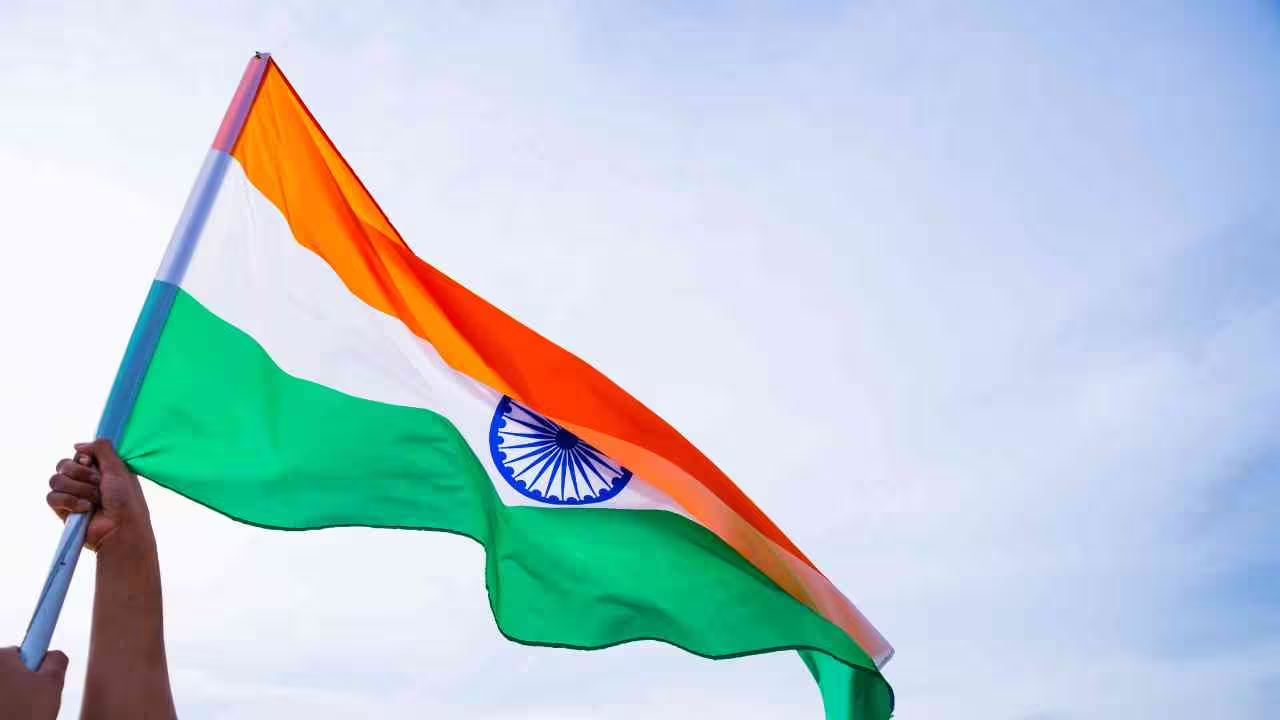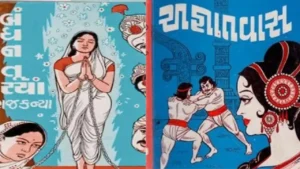On August 15, 1947, India achieved its long-sought independence from British colonial rule, marking a pivotal moment in the country’s history. Independence Day is celebrated annually to honor the sacrifices made by countless individuals who fought for the nation’s freedom. This day is not only a commemoration of India’s struggle for independence but also a celebration of its rich heritage, diversity, and unity.
Historical Context and Pre-Independence Events
1857 – The First War of Independence
The seeds of India’s struggle for independence were sown in the 19th century with the First War of Independence, also known as the Sepoy Mutiny. On May 10, 1857, Indian soldiers, known as sepoys, rebelled against British rule, marking the beginning of organized resistance against colonial oppression. Though the rebellion was suppressed, it was a significant precursor to the broader independence movement.
1919 – The Jallianwala Bagh Massacre
One of the most tragic events in India’s struggle for freedom occurred on April 13, 1919, in Amritsar, Punjab. British troops, under the command of General Dyer, opened fire on a peaceful gathering of Indians at Jallianwala Bagh, resulting in the deaths of hundreds of innocent civilians. This massacre intensified Indian nationalist sentiments and galvanized the freedom movement.
1920s-1940s – The Rise of Nationalist Movements
The 1920s saw the rise of various nationalist movements and leaders. The Indian National Congress, under the leadership of Mahatma Gandhi, adopted a non-violent approach to achieve self-rule. Gandhi’s campaigns, including the Non-Cooperation Movement (1920-1922) and the Salt March (1930), mobilized millions of Indians against British rule. The Quit India Movement of 1942, launched during World War II, called for an immediate end to British rule and further solidified the demand for independence.
1947 – The Path to Freedom
The culmination of years of struggle came on August 15, 1947, when India finally achieved independence. The British Government, under the leadership of Prime Minister Clement Attlee, decided to leave India due to the mounting pressure from the independence movement and the challenges of managing post-war British interests.
August 15, 1947 – The Dawn of Independence
On this historic day, Jawaharlal Nehru, the first Prime Minister of independent India, delivered his iconic “Tryst with Destiny” speech at the Red Fort in Delhi. His speech eloquently captured the spirit of the moment and the hopes for the future of the newly independent nation.
Post-Independence Events and Development
1947-1950 – The Integration of Princely States
Following independence, India faced the challenge of integrating over 500 princely states into the Union of India. This task was successfully managed by Sardar Vallabhbhai Patel and V.P. Menon, who negotiated with the rulers and ensured that these states acceded to the Indian Union, thus laying the foundation for a unified India.
1950 – Adoption of the Indian Constitution
On January 26, 1950, India adopted its Constitution and became a Republic. This day, known as Republic Day, is celebrated annually to honor the democratic framework and legal structure established by the Constitution.
August 15th Celebrations and Significance
National Celebrations
Independence Day is marked by various celebrations across India. The main ceremony takes place at the Red Fort in Delhi, where the Prime Minister hoists the national flag and delivers a speech addressing the nation. The day is also observed with flag hoisting ceremonies, cultural programs, and parades in schools, government offices, and public spaces throughout the country.
Patriotic Fervor and Reflection
The day is a time for reflection on India’s journey from colonial rule to becoming a thriving democracy. It is an opportunity for citizens to express their patriotism and renew their commitment to the values of freedom, justice, and equality.
Conclusion
Independence Day is more than just a commemoration of India’s freedom from colonial rule; it is a celebration of the nation’s resilience, diversity, and unity. As India continues to grow and evolve, August 15 remains a poignant reminder of the sacrifices made by countless individuals and the enduring spirit of the Indian people. The legacy of their struggle for freedom inspires current and future generations to uphold the values of liberty and justice and to work towards a brighter future for all.





